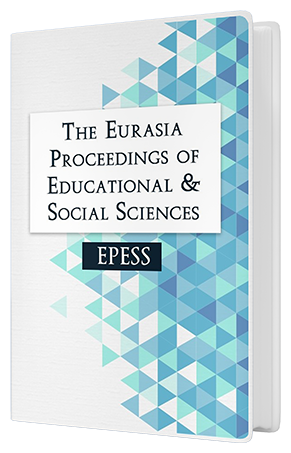Role of Learning and Knowledge Transfer for Sustainable Development of the Company
DOI:
https://doi.org/10.55549/epess.1222724Keywords:
Sustainable development, Dynamic capabilities, Knowledge, Company strategyAbstract
Sustainable development and the building of competitive advantages occupy a central place in the company's strategy. The new challenges require finding a balance between the economic, social and environmental aspects of business, through a fundamental rethinking and change in strategic policies, decisions and actions, which in practice means forming a new way of thinking and a model of behavior. The main factor and driver for achieving the sustainable goals is the process of learning and the transfer of knowledge in the company. The aim of the study is to develop a model in which learning and knowledge transfer are a link between dynamic capabilities and the firm's sustainable strategy and the building of competitive advantages. The conducted empirical research confirms the inferred relationships and dependencies in the model. The results prove the extremely important role and importance of information, learning, knowledge transfer and the creation of new knowledge in the company as factors for building the system of dynamic capabilities and developing a sustainable strategy, which allow adaptation to new development trends and realization of strategic goals.Downloads
Published
Issue
Section
License
Copyright (c) 2022 The Eurasia Proceedings of Educational and Social Sciences

This work is licensed under a Creative Commons Attribution-NonCommercial-ShareAlike 4.0 International License.
The articles may be used for research, teaching, and private study purposes. Any substantial or systematic reproduction, redistribution, reselling, loan, sub-licensing, systematic supply, or distribution in any form to anyone is expressly forbidden. Authors alone are responsible for the contents of their articles. The journal owns the copyright of the articles. The publisher shall not be liable for any loss, actions, claims, proceedings, demand, or costs or damages whatsoever or howsoever caused arising directly or indirectly in connection with or arising out of the use of the research material. All authors are requested to disclose any actual or potential conflict of interest including any financial, personal or other relationships with other people or organizations regarding the submitted work.




